Posted 11:03 a.m. Friday, June 7, 2019
UWL Gilman Scholar says travel into mountain community grows her confidence.
UWL Gilman Scholar says travel into mountain community grows her confidence, connections and language fluency
UWL student Savannah Stanley traveled up a gravel mountain road deep into Costa Rica’s farmlands. The community bus stopped at an organic cooperative where Stanley met the cooperative’s female leaders and dozens of families who grow coffee and cacao beans.
“It was good to get to know a small community — removed from tourism,” she says. “It helped me appreciate how hard people work to farm and provide things for other places in the world. Many of us don’t think of where our food comes from.”
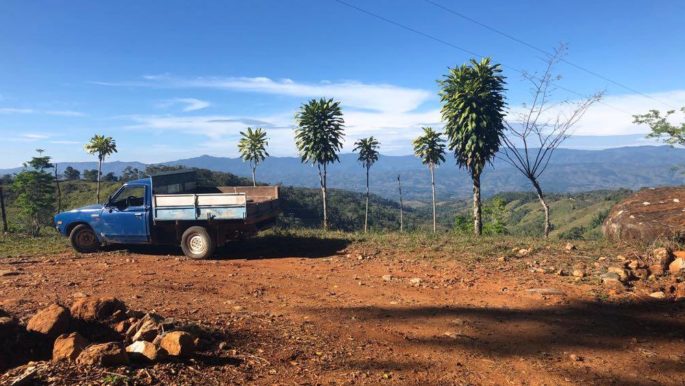
Stanley received a $3,000 Gilman Scholarship to study abroad in San José, Costa Rica, during the spring semester. The U.S. Department of State’s Benjamin A. Gilman International Scholarship helps students gain skills critical to national security and economic competitiveness.
Stanley says the experience of traveling independently gave her confidence to communicate and travel within a foreign country.
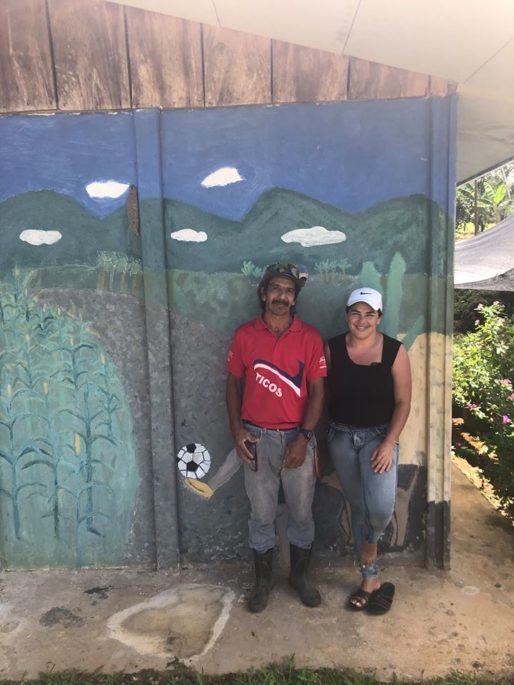
She plans to put her foreign language skills to use this summer as an intern with the Latin American News Digest, an organization that aggregates news of Latin American media. Her role will entail synthesizing and translating Spanish news stories for audiences in Europe and North America.
“Everyone says study abroad is so life changing. It sounds cliché, but it really is true,” she says.
Stanley would eventually like to return to the mountain community she visited to conduct undergraduate research.
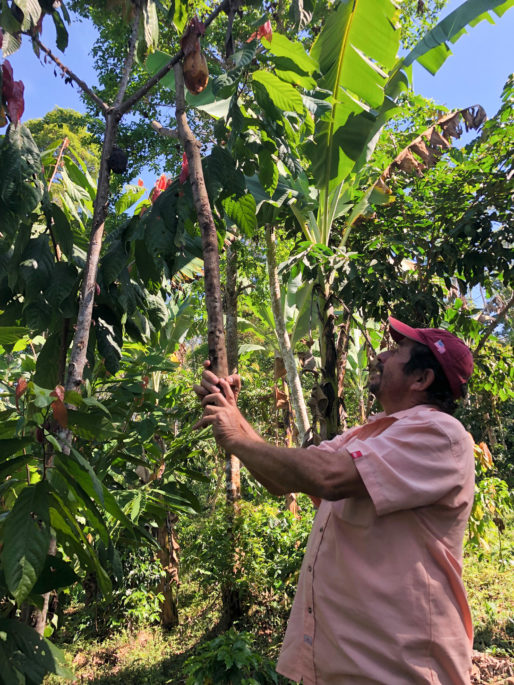
She was able to apply for the Gilman Scholarship with assistance from UWL’s Office of International Education & Engagement and a letter of reference from her advisor, Professor Christine Hippert.
Worldly wisdom
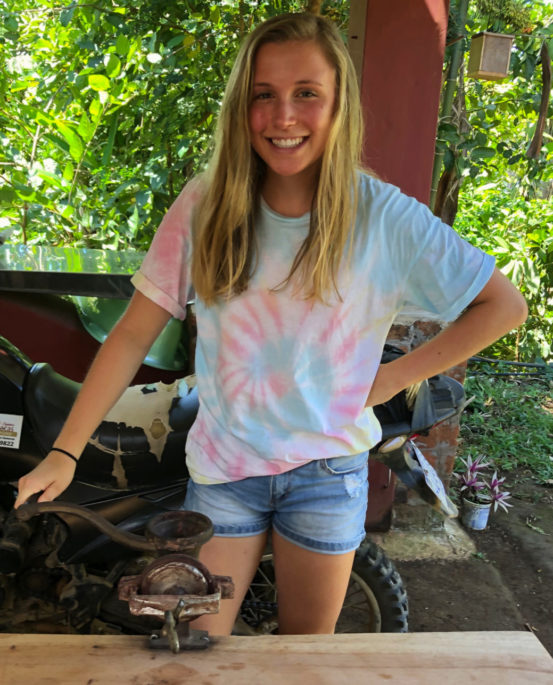
The experiences gained though study abroad are sometimes difficult to put into words; however, Stanley, a writer, expresses some of the ways she learned through the experience in her blog.
On eating peanut butter
“Upon ‘preparing’ myself for living in a new culture, I knew I had to let go. Let go… of what? We all have a sense of control that expresses itself in our day-to-day activities, despite those curveballs life tends to throw us once in a while. In the U.S. I choose when I want to eat breakfast because I make it myself, I walk everywhere alone AT NIGHT, I eat peanut butter in unhealthy quantities, I run wherever I want, I communicate fluidly with other English speakers — meaning I usually get what I order at restaurants, etc. In a sense, I had to relinquish these certain independences.
Once I accepted that I can’t control every aspect of my day, I opened more room in my heart and brain to love and understand the cultures within Costa Rica. I may not have the ability to eat endless amounts of peanut butter or run in the dark, but I have gained so much by incorporating myself into this beautiful culture.”
On being true to her runner within
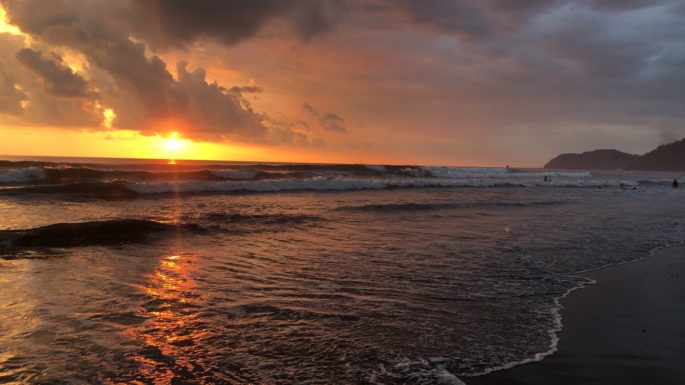
“I’ve been running since the 6th grade and grew up watching my mom compete in road races. It’s a large part of who I am, how I identify myself, a way for me to think and push my own limits. So, without the ability to run, I feel incredibly lost.
This brings me to my first point: just because living in Costa Rica means the act of running is more challenging than in the U.S. does not mean I have to call it quits. While it’s not particularly comfortable in various aspects, such as the wicked crazy drivers, barbed-wire-lined sidewalks, the endless hills, and the stares/catcalls, a part of me loves the challenge. Every run is like a real-life version of Super Mario, jumping over ditches and dodging cars. I’ve even found a friend to take on this daily challenge with. FYI, she loves it as much as I do.”
Read more about Stanley’s adventures on her blog.
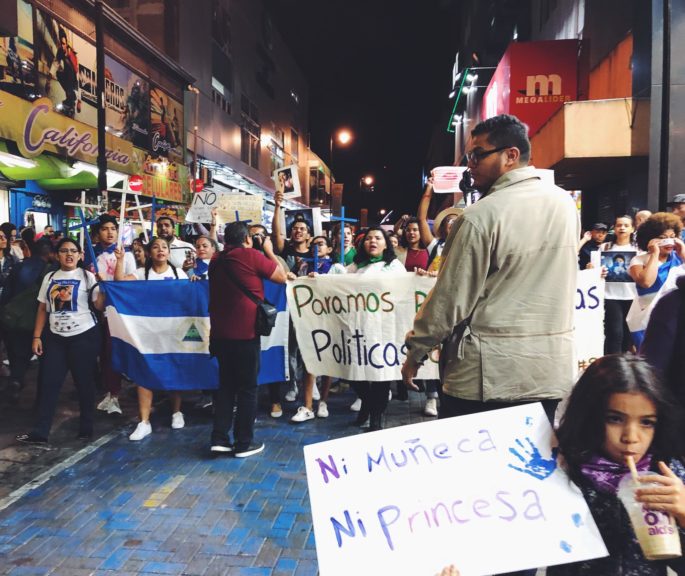
About the Gilman International Scholarship program:
The U.S. Department of State’s Benjamin A. Gilman International Scholarship is a grant program that enables students of limited financial means to study or intern abroad to gain skills critical to national security and economic prosperity. The Institute of International Education has administered the program since its inception in 2001.
